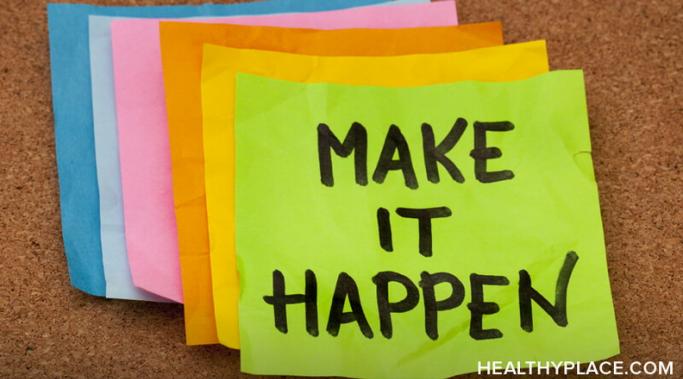You most likely experienced a trauma trigger if you have ever experienced a strong emotional response to a person or event that seemed disproportionate to the situation. Most people experience trauma triggers, often without conscious awareness. When we don't know how to identify our triggers, they can interfere with our happiness. A trigger occurs when you encounter someone or something in your environment that reminds you of a traumatic experience from your past. It doesn't have to be a significant trauma. Any reminder of a painful event you haven't fully resolved might manifest in your life as a trigger, and it can limit your ability to create happiness.
Living a Blissful Life
Can a pet help with depression? Although emotional support animals are well known for supporting mental health, having a house pet also helps with mental illnesses like depression.
Using sensitive suicide-related words can uplift those who are struggling; conversely, insensitive words, however well-intended, can cause further pain. Most people often find great difficulty in discussing suicide; especially in these delicate situations, suicide-related words exert immense power.
Self-compassion practices are often overlooked in our discussion of self-care. Most of us acknowledge the importance of engaging in self-care to maintain our physical, mental, and emotional wellness. When we talk about self-care, we often refer to engaging in fun, or relaxing activities. While that is certainly an important aspect of self-care, there is another equally important element that we often ignore: self-compassion practices are also part of self-care.
People who love to spend time outdoors can tell you plenty about the positive impact it has on their mood. Personally, I experience a noticeable decrease in stress and anxiety when I am hiking, camping, sitting near a body of water, or even walking my dogs around the neighborhood. When the weather is nice, I often eat meals in my backyard just to get a little extra outside time. For many, the calming effects of being outdoors is intuitive.
I’m Heidi Green, new author for the Living a Blissful Life blog. I’m so pleased to be working with HealthyPlace because I am passionate about helping people overcome their challenges and live their best lives. My personal wellness journey began in my 20s after a serious bout of depression following my divorce. After seeking the support of a great therapist, I realized I had been suffering with depression and anxiety for years due to childhood trauma. I dedicated myself to improving my mental health, examining my self-esteem and relationship issues, and challenging my self-limiting beliefs.
How are happiness and creativity linked? Being creative can make you happier, especially in a life where many of us feel our lives are over-structured. We’re generally working or looking for work during certain hours, expected time with friends and family at other times, and even eat or sleep at fairly regular intervals. Our minds can become fatigued with these patterns, which is why vacations feel so refreshing; we get to interrupt those strict guidelines and do whatever we want for some time. Creativity creates happiness.
Remember using a sticker reward chart or star chart for life as a child? Perhaps your family used one to measure chores or good behavior. Maybe your school utilized a sticker reward chart to keep track of assignments done or kindness to other students. A sticker reward chart, however infantile it may seem now, can actually bring more satisfaction to your life.
Divide up tasks into smaller bits when your to-do list appears overwhelming or impossible. Breaking up large tasks into smaller, more manageable chunks can help you actually get moving on those scary priorities you've been putting off.
Drawing boundaries for friends' partners really means drawing boundaries for friends. One of my best friends maintains a somewhat troubling, even emotionally abusive, relationship. She’s beautiful, talented, insightful, and joyful, but she constantly receives scathing feedback that she’s not good enough. He tells her that if she would just fix her problems, the relationship would be happy. That constant, biting criticism is not good for her. That any and all work on the relationship should be entirely hers because she is broken is not good.









